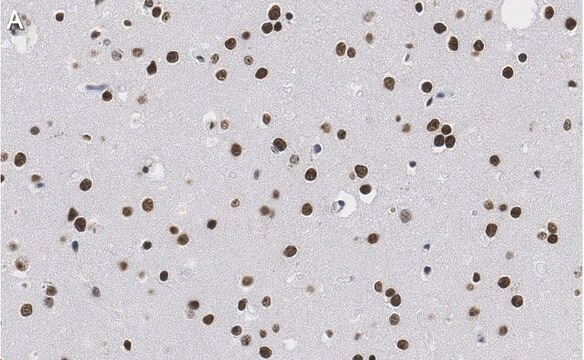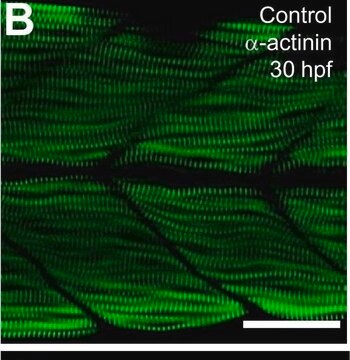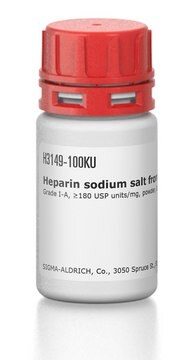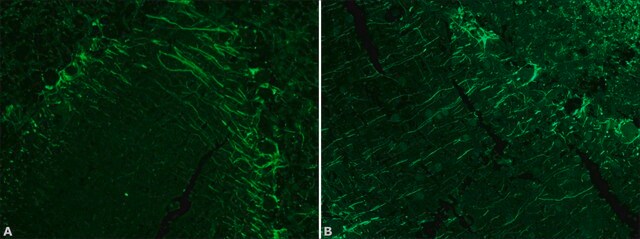MAB4383
Anticuerpo anti-núcleos, clon 3E1.3
clone 3E1.3, Chemicon®, from mouse
Sinónimos:
Anti-núcleos, Anti-núcleos clon 3E1.3, Anticuerpo de detección de núcleos
About This Item
Productos recomendados
biological source
mouse
Quality Level
antibody form
purified antibody
antibody product type
primary antibodies
clone
3E1.3, monoclonal
species reactivity
human
should not react with
mouse
manufacturer/tradename
Chemicon®
technique(s)
flow cytometry: suitable
immunocytochemistry: suitable
immunohistochemistry: suitable
input
sample type neural stem cell(s)
isotype
IgG1
shipped in
wet ice
target post-translational modification
unmodified
General description
Immunogen
Application
Investigación en células madre
Células madre neuronales
Physical form
Storage and Stability
Other Notes
Legal Information
Disclaimer
¿No encuentra el producto adecuado?
Pruebe nuestro Herramienta de selección de productos.
Optional
Storage Class
12 - Non Combustible Liquids
wgk_germany
WGK 2
flash_point_f
Not applicable
flash_point_c
Not applicable
Certificados de análisis (COA)
Busque Certificados de análisis (COA) introduciendo el número de lote del producto. Los números de lote se encuentran en la etiqueta del producto después de las palabras «Lot» o «Batch»
¿Ya tiene este producto?
Encuentre la documentación para los productos que ha comprado recientemente en la Biblioteca de documentos.
Nuestro equipo de científicos tiene experiencia en todas las áreas de investigación: Ciencias de la vida, Ciencia de los materiales, Síntesis química, Cromatografía, Analítica y muchas otras.
Póngase en contacto con el Servicio técnico








